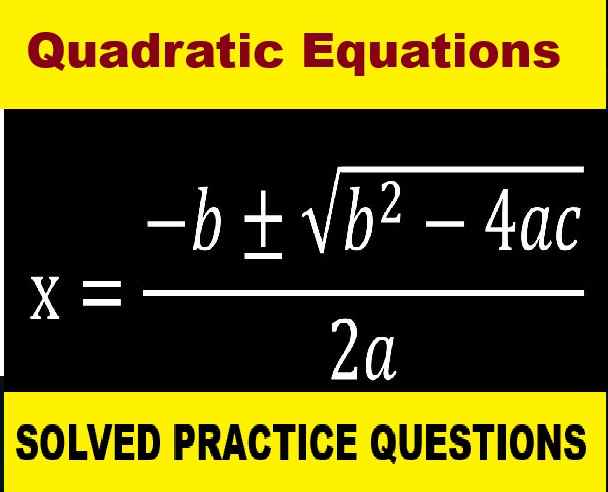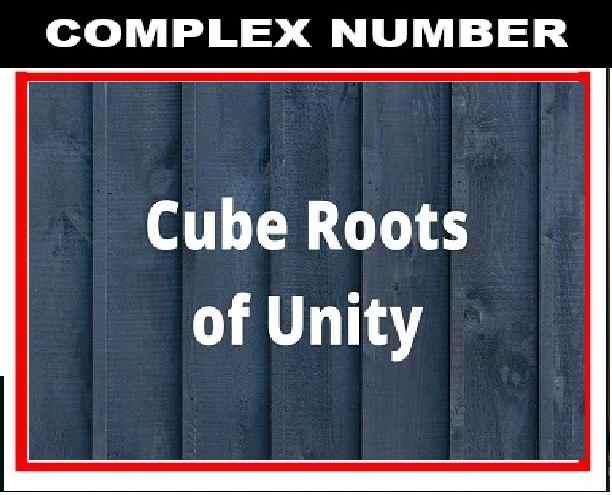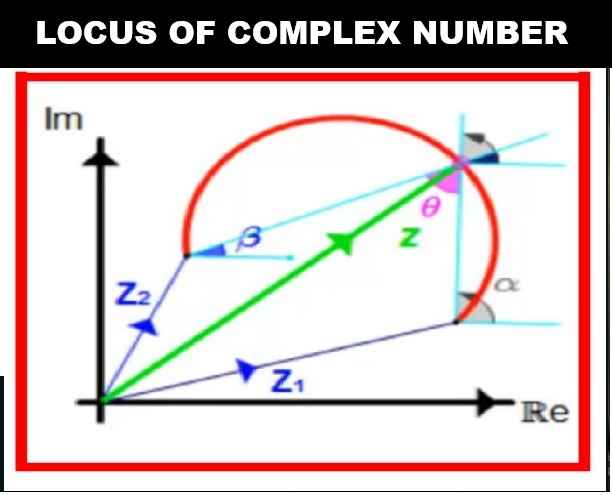Force and its Effects Class-6th Goyal Brothers Physics Solutions Chapter-3, Unit 1. We Provide Step by Step Answers of Objective, True False , Fill in the blanks, Match the following , Study Questions of Chapter- 3 , Force, Unit-1 (Force and its Effects). Visit official Website CISCE for detail information about ICSE Board Class-6.
Force and its Effects Class-6th Goyal Brothers
Physics Solutions Chapter-3 (Unit 1)
| Board | ICSE |
| Class | 6th |
| Subject | Physics |
| Book Name | Goyal Brothers |
| Theme-3 | Force |
| Unit-1 | Force and its Effects |
| Topic | Solution of exercise questions |
| Session | 2023-24 |
OBJECTIVE TYPE QUESTIONS
Physics Solutions Chapter-3, unit-1
A. Fill in the blanks :
- On the application of force on a wooden block, it moves closer to us. The force so applied is the force of _consequential_.
- When a spring is stretched, the force changes the _shape_ of the spring.
- The force which stops a rolling ball on the ground is a _pull_ force.
- The force possessed by fast moving wind is used to drive a _sail boat_.
- The force of _gravitation_ always attracts a body.
B. Write ‘True’ or ‘False’ for the following statements :
- A force of push always makes a body to move. [F]
- The force produced by the muscles of living beings is called muscular force. [T]
- The force produced in compressing a spring is consequential force. [T]
- A boy holding a cricket bat in his hands is exerting no force. [F]
- A force of push can act through a rigid connector only. [T]
C. Statement given below are incorrect. write the correct statement:
1. Force of push can act through non-rigid connector.
Correct Statement: Force of push can act through rigid connector.
2. The force which acts on a body directly or through a connector is called consequential force
Correct Statement: The force which acts on a body directly or through a connector is called contact force
3. The magnetic force is an example of a contact force.
Correct Statement: The gravitational force is an example of a contact force.
4. The force of friction is an example of non-contact force.
Correct Statement: The force of friction is an example of contact force.
5. The magnetic force always causes attraction.
Correct Statement: The gravitational force always causes attraction.
D. Tick (√) the most appropriate answer.
1. The electrical force is a :
(a) Contact force
(b) non-Contact force
(c) consequential force
(d) none of these
Ans: (b) non-Contact force
2. The force of gravitation causes :
(a) Only attraction
(b) only repulsion
(c) both (a) and (b)
(d) none of these
Ans: (a) Only attraction
3. A speeding car stops slowly when its engine fails due to the force of :
(a) gravitation
(b) friction
(c) both (a) and (b)
(d) none of these
Ans: (c) both (a) and (b)
4. When a spring is stretched the consequential force which appears in its coil is :
(a) force of friction
(b) force of tension
(c) force of gravity
(d) both (a) and (b)
Ans: (b) force of tension
E. Match the statement in Column A with those in Column B:
Column A |
Column B |
1. A force when applied on a object, brings the object closer to us. |
(a) Electrical force |
2. A force called into play only when an object is made to slide upon another object. |
(b) Mechanicalforce |
3. A force which attracts tiny bits of dry paper or straw. |
(c) Muscularforce |
4. A force which makes the sail boat to move. |
(d) pull |
5. A force exerted by a horse in pulling a tonga. |
(e) consequentialforce |
Answer:
| Column A | Column B |
1. A force when applied on a object, brings the object closer to us. |
(e) consequentialforce |
2. A force called into play only when an object is made to slide upon another object. |
(d) pull |
3. A force which attracts tiny bits of dry paper or straw. |
(a) Electrical force |
4. A force which makes the sail boat to move. |
(b) Mechanicalforce |
5. A force exerted by a horse in pulling a tonga. |
(c) Muscularforce |
STUDY QUESTIONS
Question 1.
(a) What do you understand by the term Force?
Answer: Force is a push or pull on an object that produces acceleration in the body on which it acts. S.I. unit of force is Newton.
(b) Name the kind of force which acts in each, which a force can produce in a (i) Stationary body (ii)Moving body.
Answer: The force when applied to a body can change its state from rest to motion or from motion to rest. So, when a force is applied to a stationary body, The body starts moving. If the body is not free to move, it deforms due to the force applied. Here the contact force is seen
In case of a moving body, a force can
- stop the moving object or slow them down.
- can make a moving object move faster
- can change direction of moving objects
Here muscular force acts in a moving body.
Question 2. Name the kind of force which acts in each of the following cases :
(a) A football rolling down on a football ground: Consequential force
(b) A stone thrown vertically upward: Gravitational force
(c) A mule carrying a heavy load: Muscular force
(d) Cutting of vegetables: Muscular force
(e) A plastic ruler rubbed with woollen cloth and then brought near dry bits of straw: Electrical force
(f) A fast moving wind driving a windmill: Mechanical Force
(g) Falling of snow from the sky: Gravitational force
(h) Attraction of common pins towards magnet: Magnetic Force
Question 3. By supporting your answer with examples, explain, what do you understand by the following :
(a) contact forces: Contact force is defined as a type of force in which two or more bodies come in contact to experience the force. Pushing a table is an example of a contact force.
(b) forces at distance: These forces are those types of forces that result even when the two interacting objects are not in physical contact with each other, yet are able to exert a push or pull despite their physical separation.
(c) consequential forces: The consequential force can be defined as a force which is called into play, when a force is applied on an object. Examples: ( a) When a cricket ball is made to roll on the ground by applying force, it stops after covering a certain distance, although, no force is applied to stop it.
Question 4. Briefly describe how can you prove that weight of body is a kind of force.
Answer: Force is defined as F=ma , where m = mass of a body & a= acceleration of a body. And we also know that weight=mass*g, where g is gravitational acceleration. And this definition also fits in the definition of force therefore it is safe to say that weight is a kind of force only.
— : end of Force and its Effects Class-6th Goyal Brothers Physics Solutions :–-
Return to- ICSE Class -6 Goyal Brothers Physics Solutions
Thanks
Please share with your friends if you find it useful


